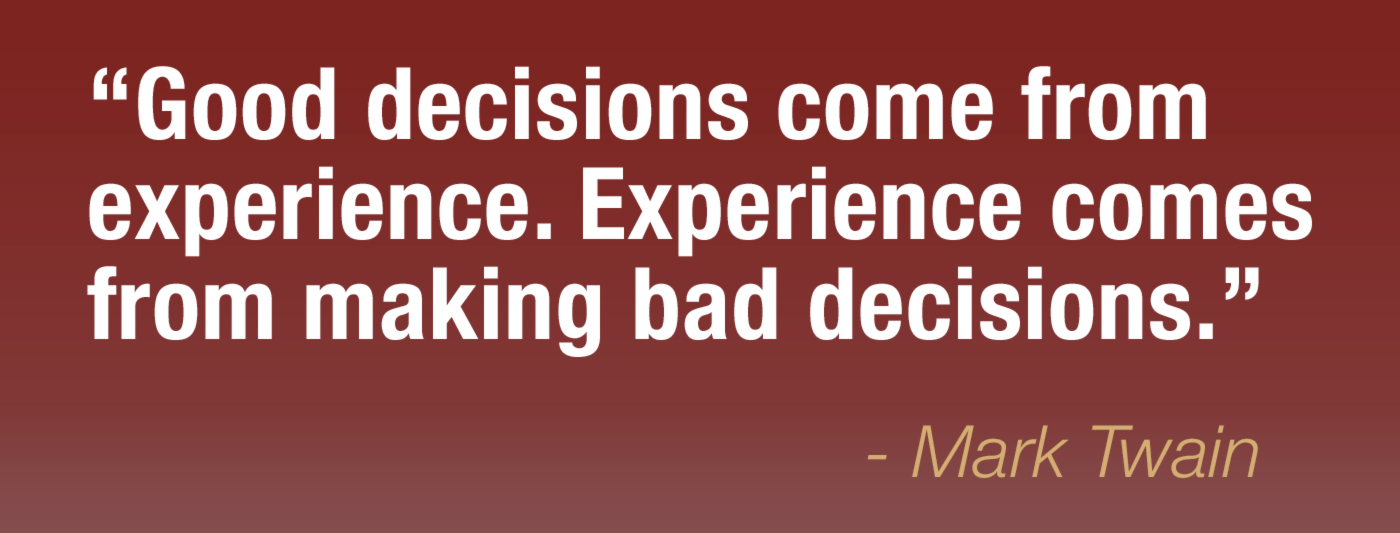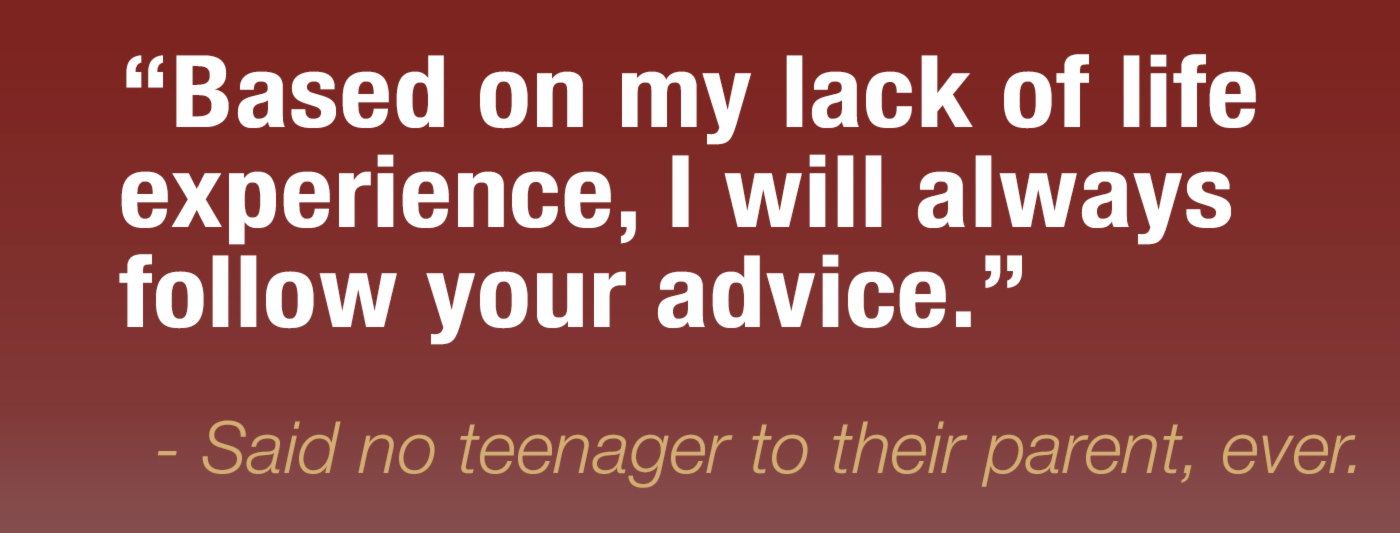TxSSC

You’ve learned that while technology connects us in incredible ways, it also opens doors for cyber predators—such as cyberbullies, hackers, and criminals—to harm young people. These predators act unethically and illegally, often escalating their behavior over time. This module also highlighted how young people and adults see online risks differently: while you may be highly skilled with technology, adults bring life experience that helps them recognize dangers that may not be obvious. By understanding how predators operate and knowing the laws designed to protect you, you are better equipped to recognize risks and make safer choices online.
